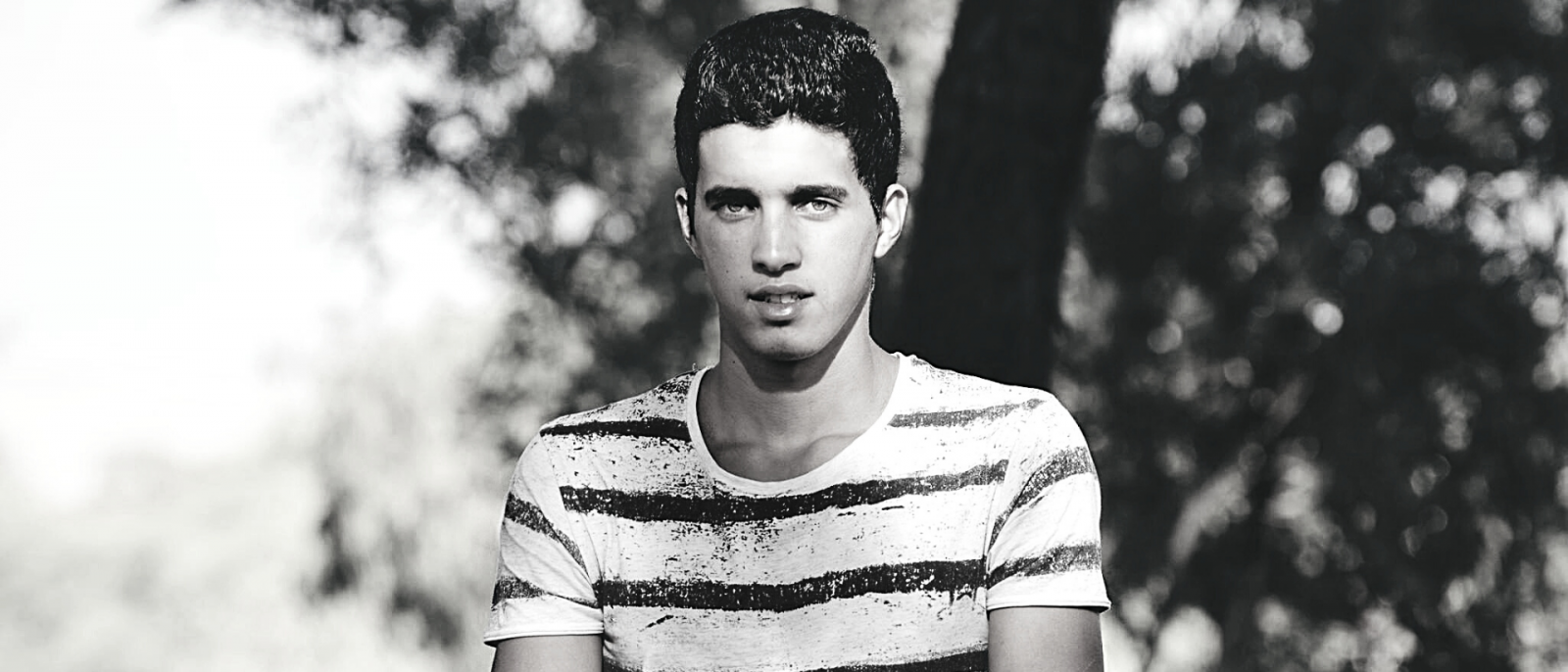Content
Margaret Mead once said, “Never doubt that a small group of thoughtful, committed citizens can change the world. Indeed, it is the only thing that ever has.” We are all a part of something larger than ourselves. We live in a global society that is very interconnected. Life may be challenging at times and although it may be hard to focus on others’ needs sometimes, doing so can strengthen our own well-being as well as connect with others and the world around us.
When faced with adversity and unexpected challenges, we, as adults, can help prepare young people to become caring, connected, and contributing citizens. Adults can teach youth their role and ways they can contribute to the greater good. It is important for adults to establish expectations of how youth can make valuable contributions. When establishing expectations include youth. Simply, youth need ownership in the process. Individuals are more likely to support what they help to create. Giving youth autonomy allows them freedom to do things their own way and teaches valuable life skills along the way.
Youth may wonder, “But how can I give back?” As adults, we can help them change their perspective. If plan “A” doesn’t work, there are still 25 other letters in the alphabet. In the past, youth and adults have had to learn many new ways of how to contribute to others, their communities, and the greater world, which has given us an opportunity to be creative and think outside the box when serving others.
As caring adults, we can continue to cultivate positive qualities such as empathy, compassion, and generosity in young people. Remind youth that contribution is not defined by size or greatness. Remember, big changes start with small actions. Here are a few ideas you along with a young person can do to make a positive contribution in your community, country, and world:
- Encourage youth to call or write someone and share appreciation for what they are doing. Jump on a video call with a friend or family member to cheer them up. Write notes of appreciation on the sidewalk. Post positive quotes or videos on social media.
- Help youth brainstorm potential ways to speak up and take action. Support them in utilizing their networks and connecting with others to start a campaign to bring awareness to an issue or raise funds to support a cause.
- Think of new ways youth can volunteer. Use supplies accessible at home to make something to help those in need; then take it to a drop off location or send it through the mail. Build or grow something to give away to an individual or group of people. Help someone by doing a task they may be unable to do themselves.
According to the Greater Good Science Center at UC Berkeley, helping others has shown to have a variety of benefits. Those who volunteer their time and talents often discover they get more out of the experience than the people they are serving. Being kind and helpful can make youth feel happier, enhance their relationships with others, and gives them a sense of purpose and satisfaction. It can help relieve stress, help them relax, build confidence, and promote constructive behaviors in teens. By positively impacting the people around them, we can help youth build a better society for our communities and our world.
More information and resources about youth social-emotional development in difficult times can be found at https://disaster.unl.edu/families or by contacting your local county Nebraska Extension office.
